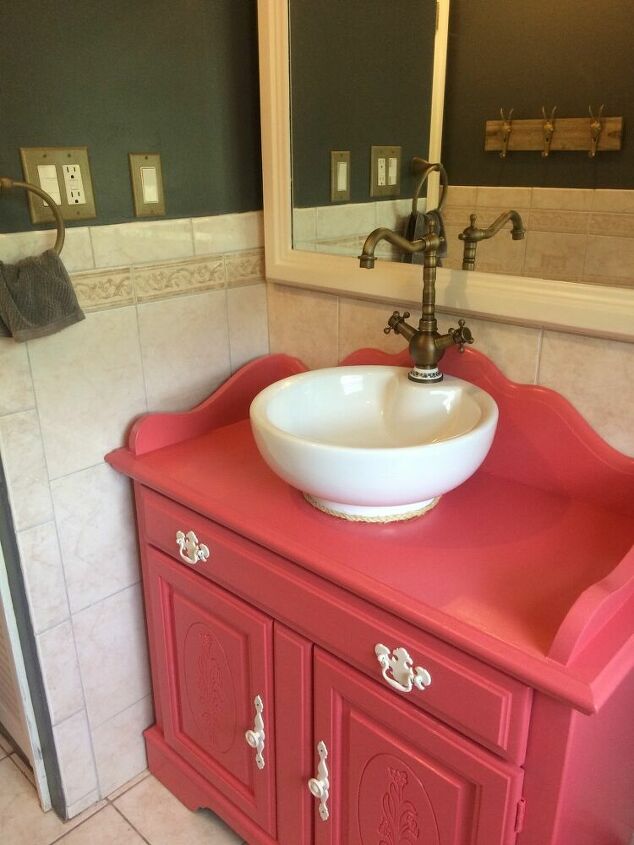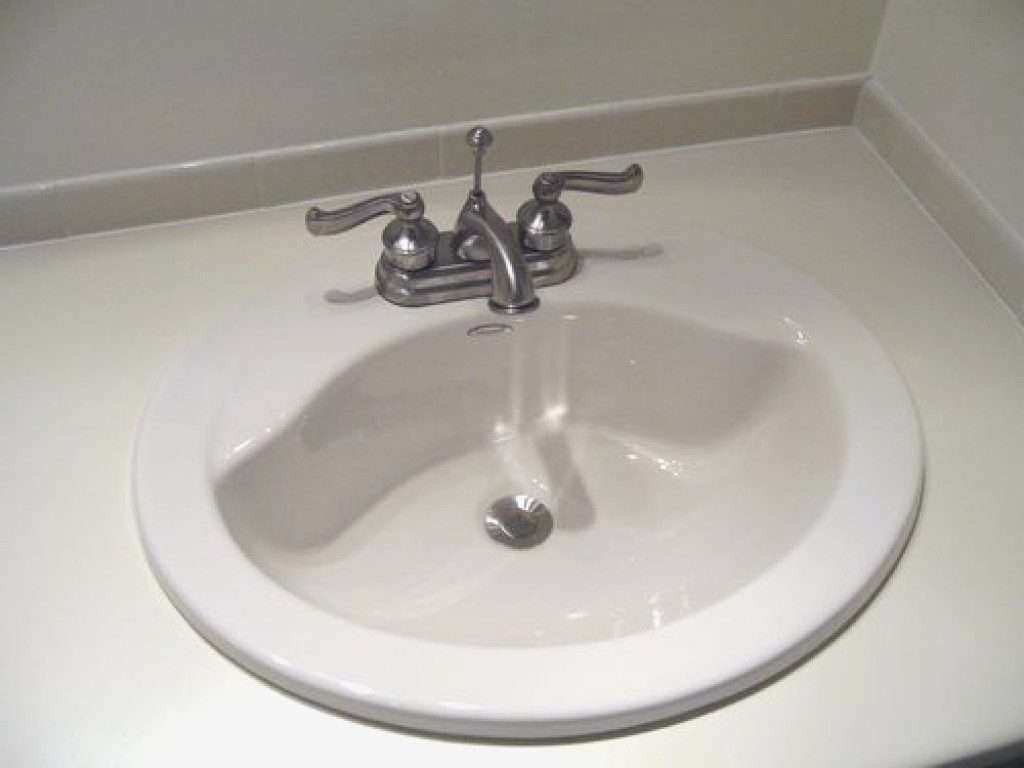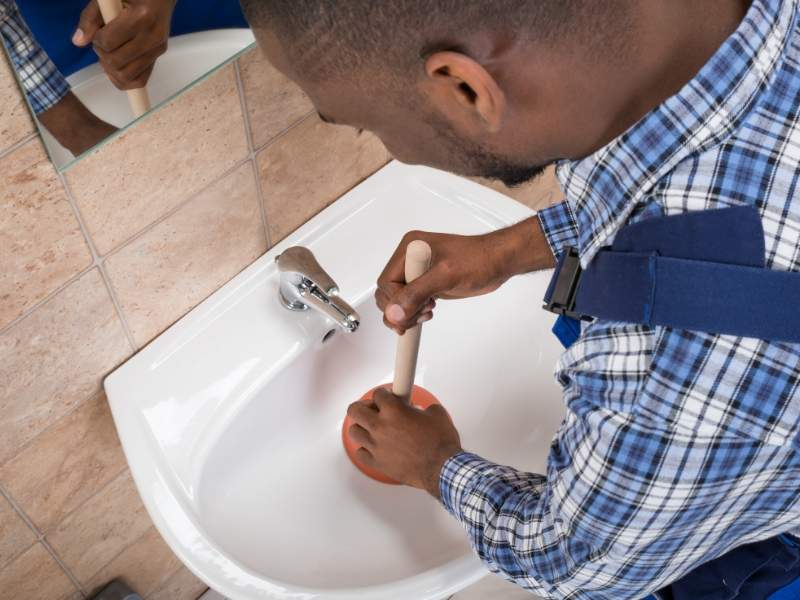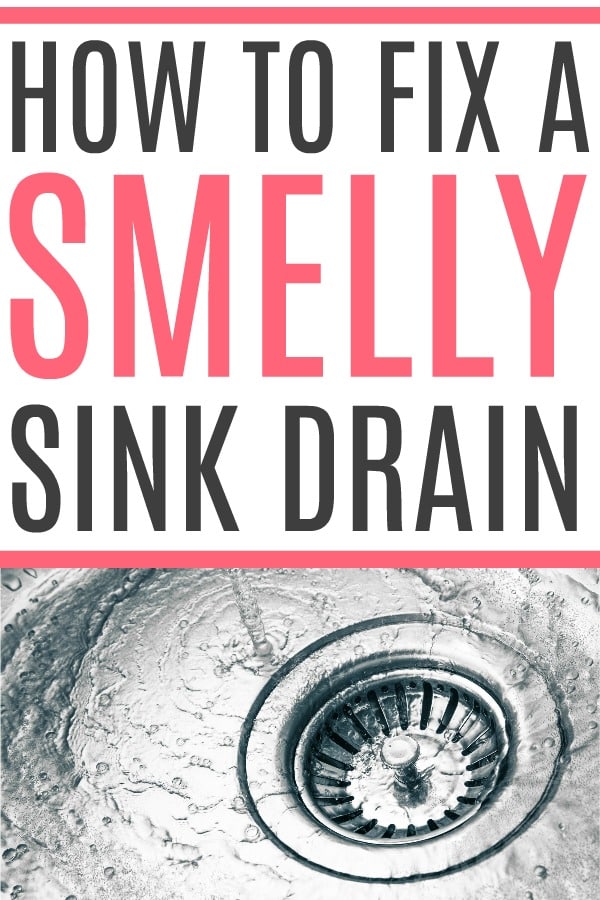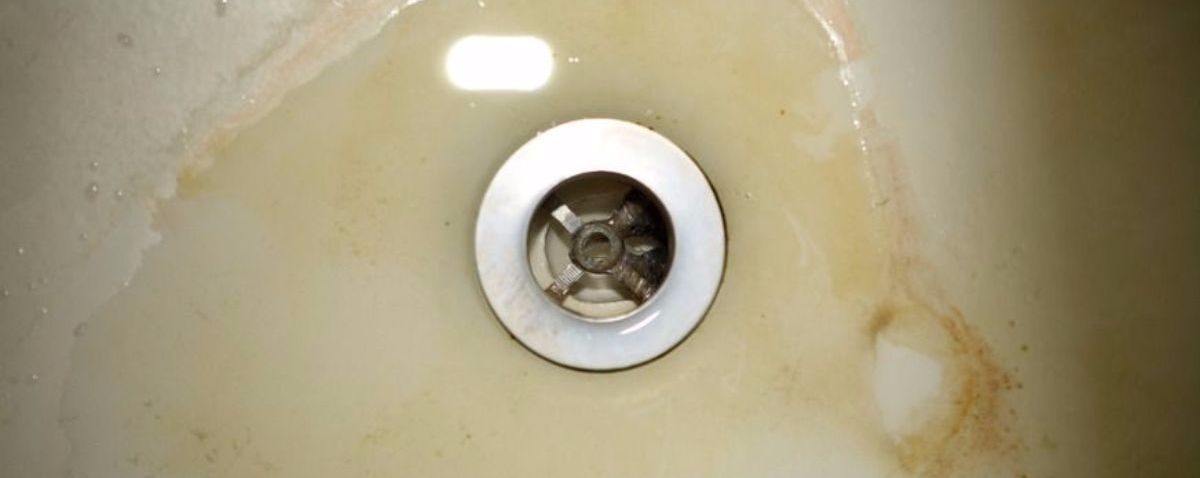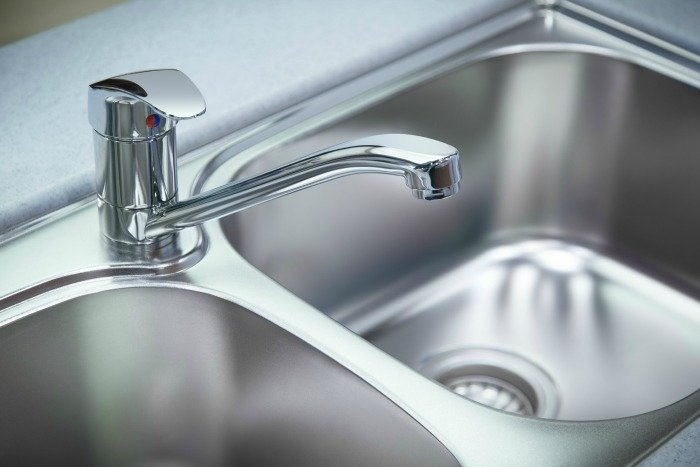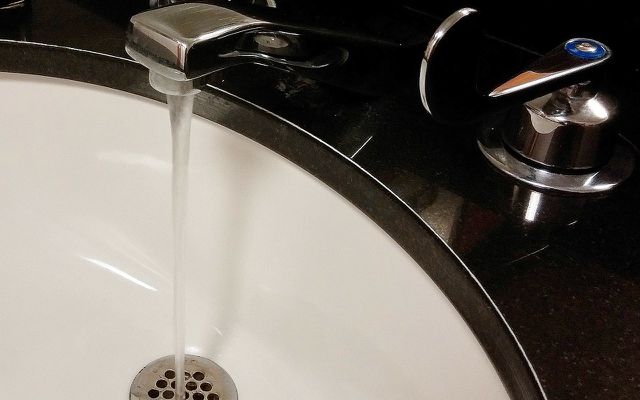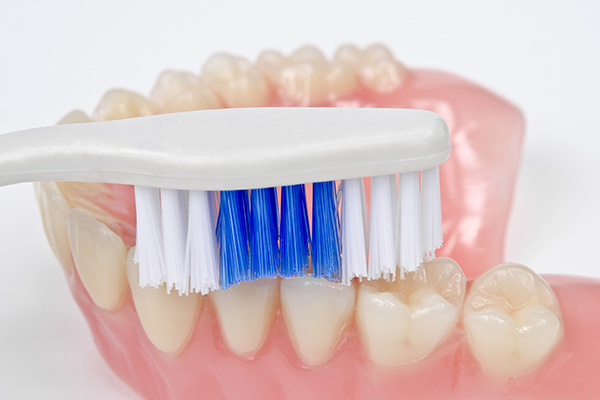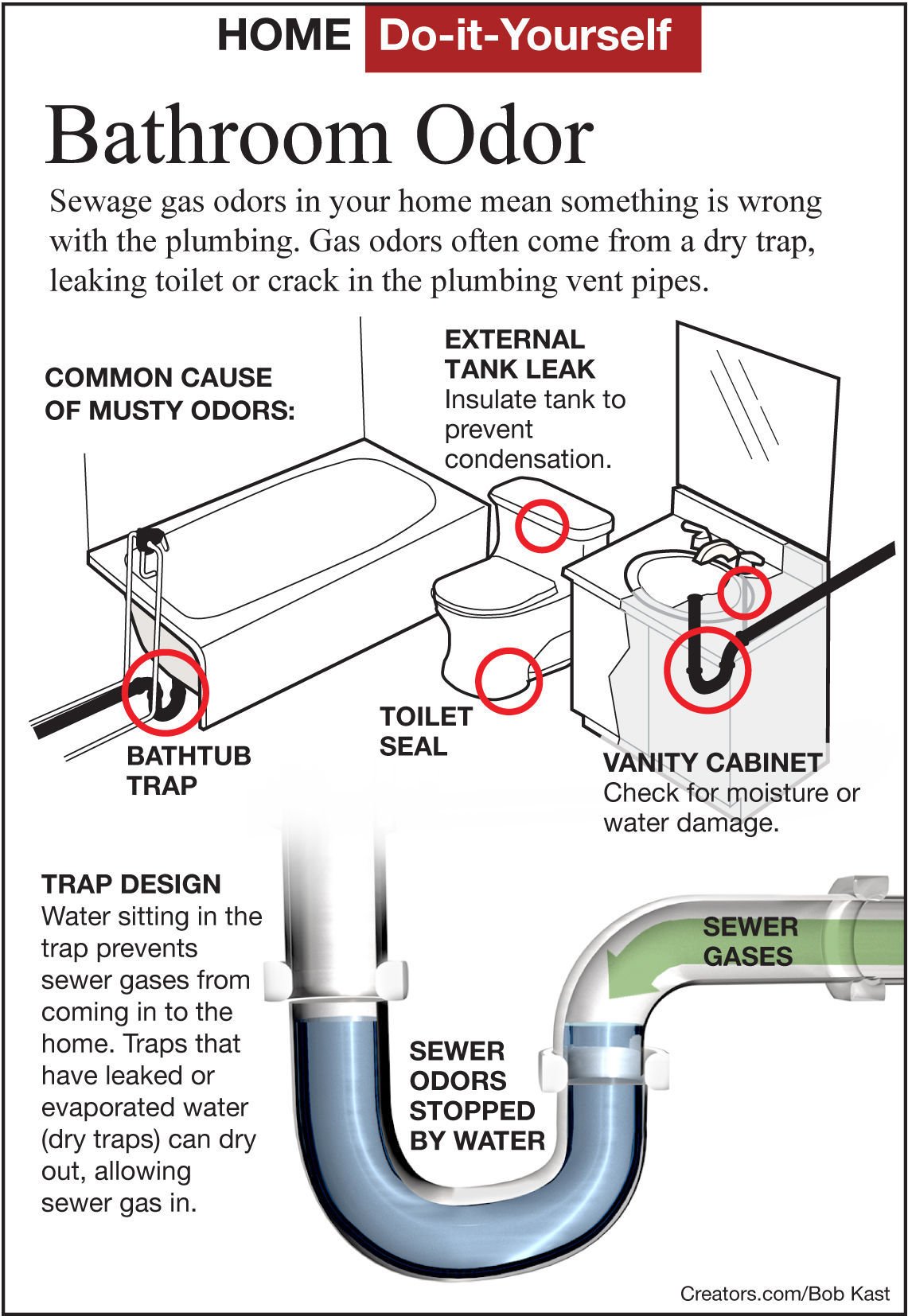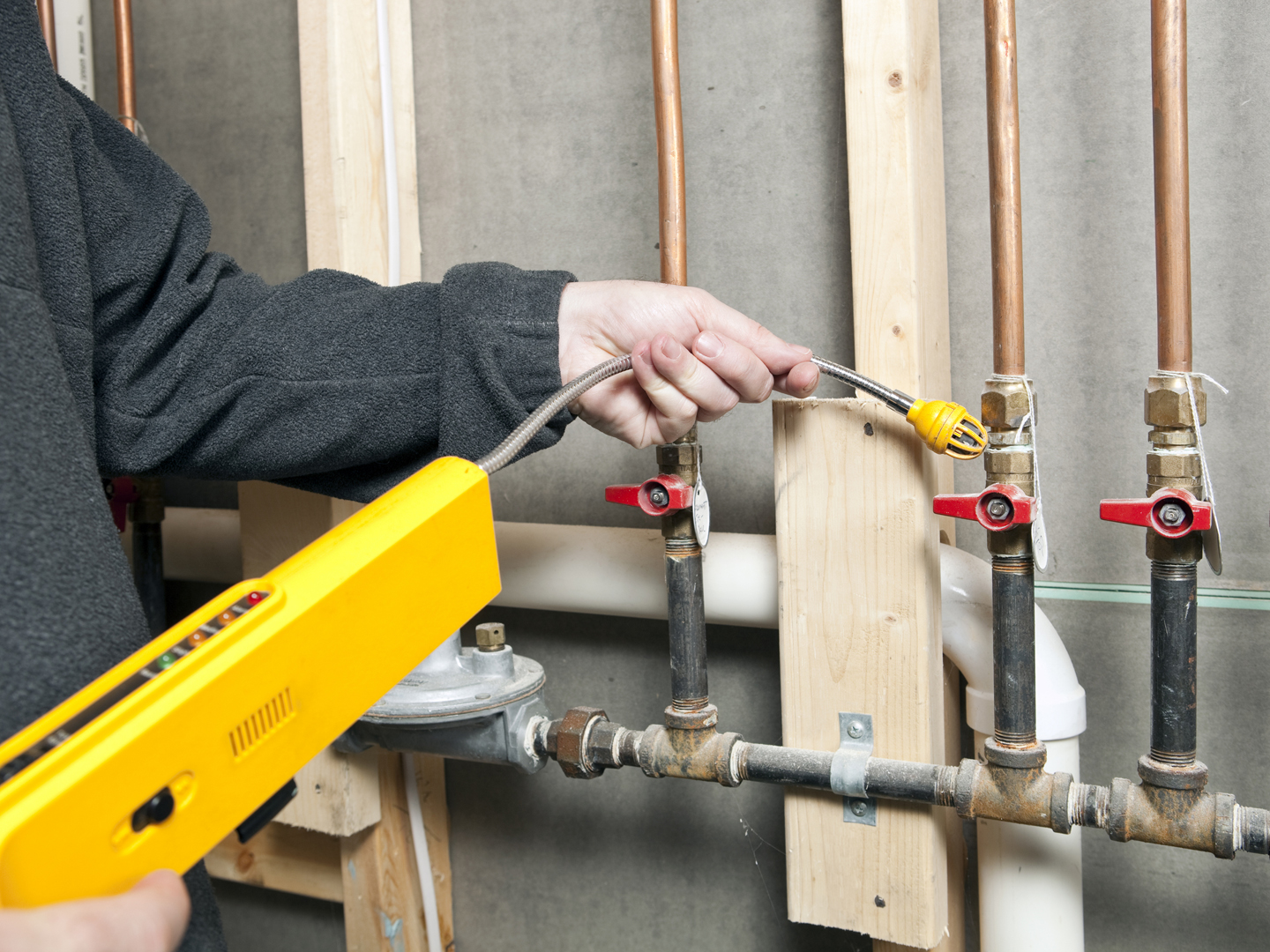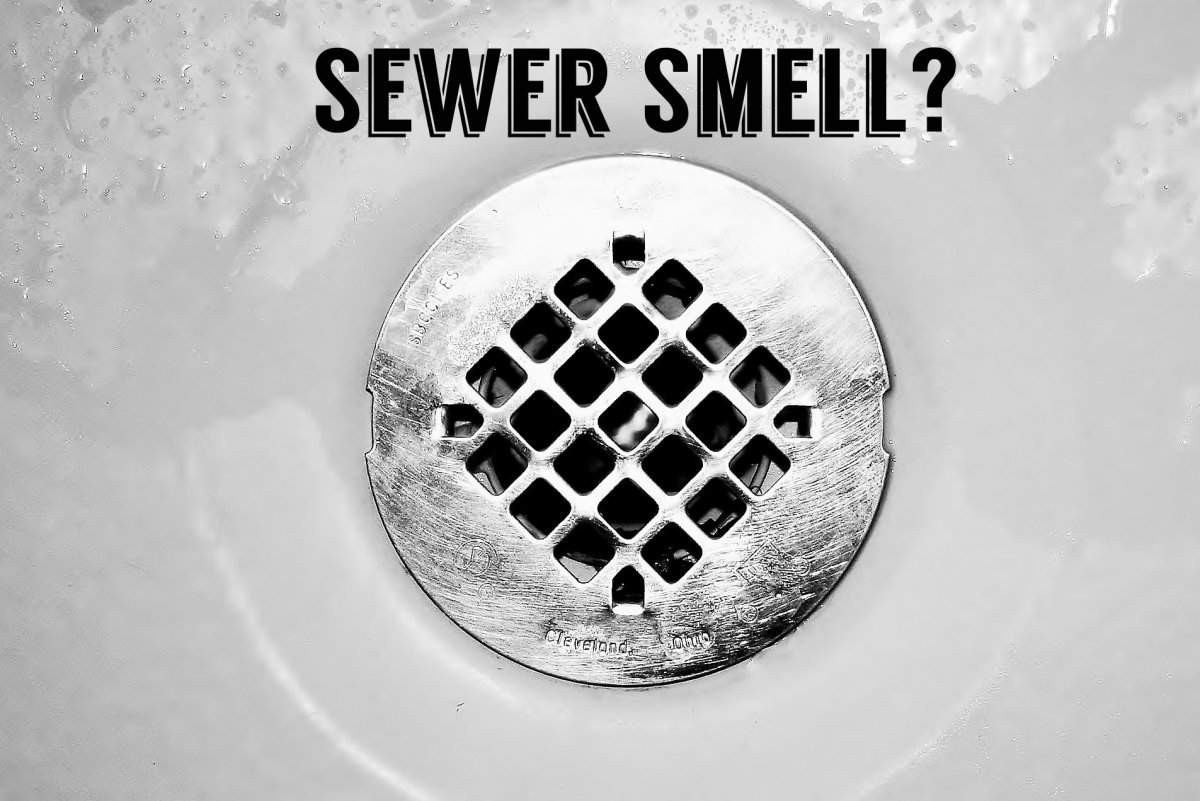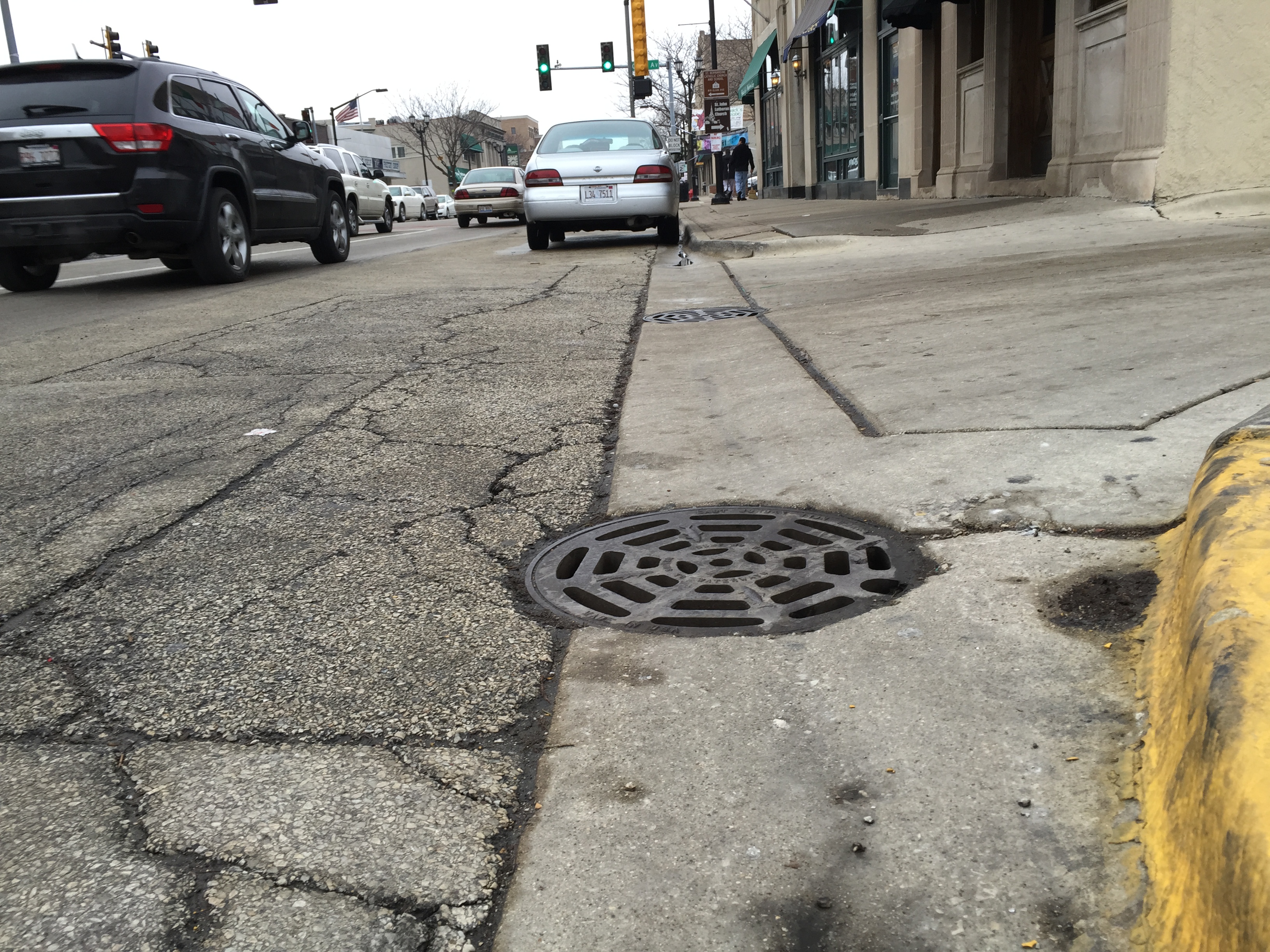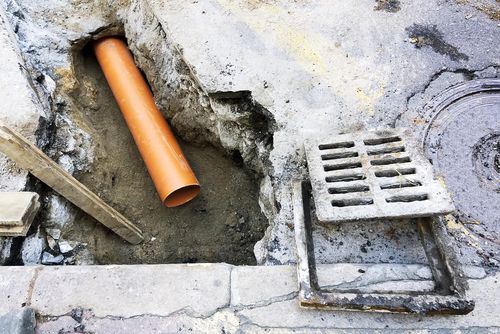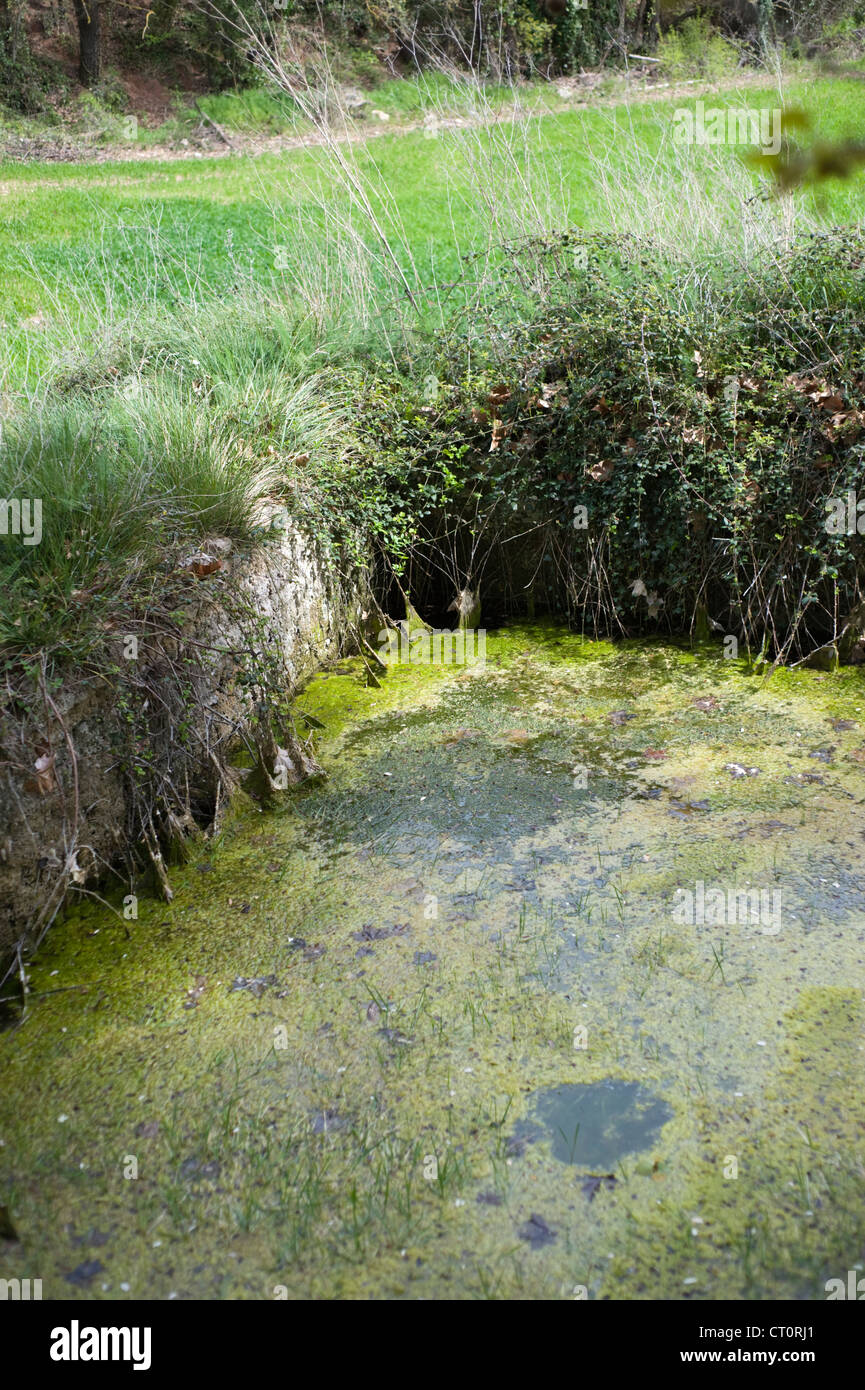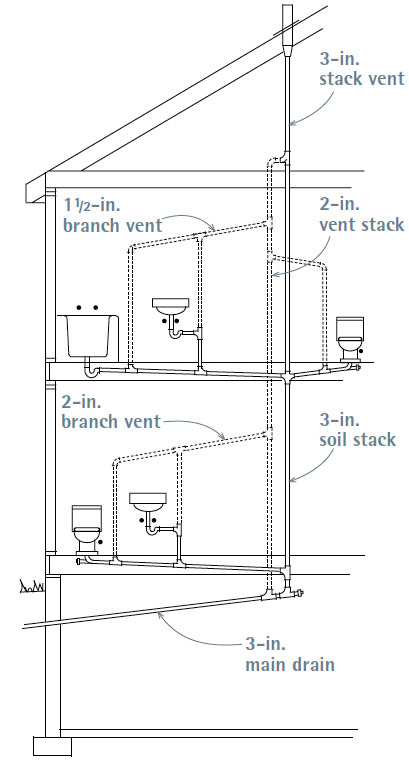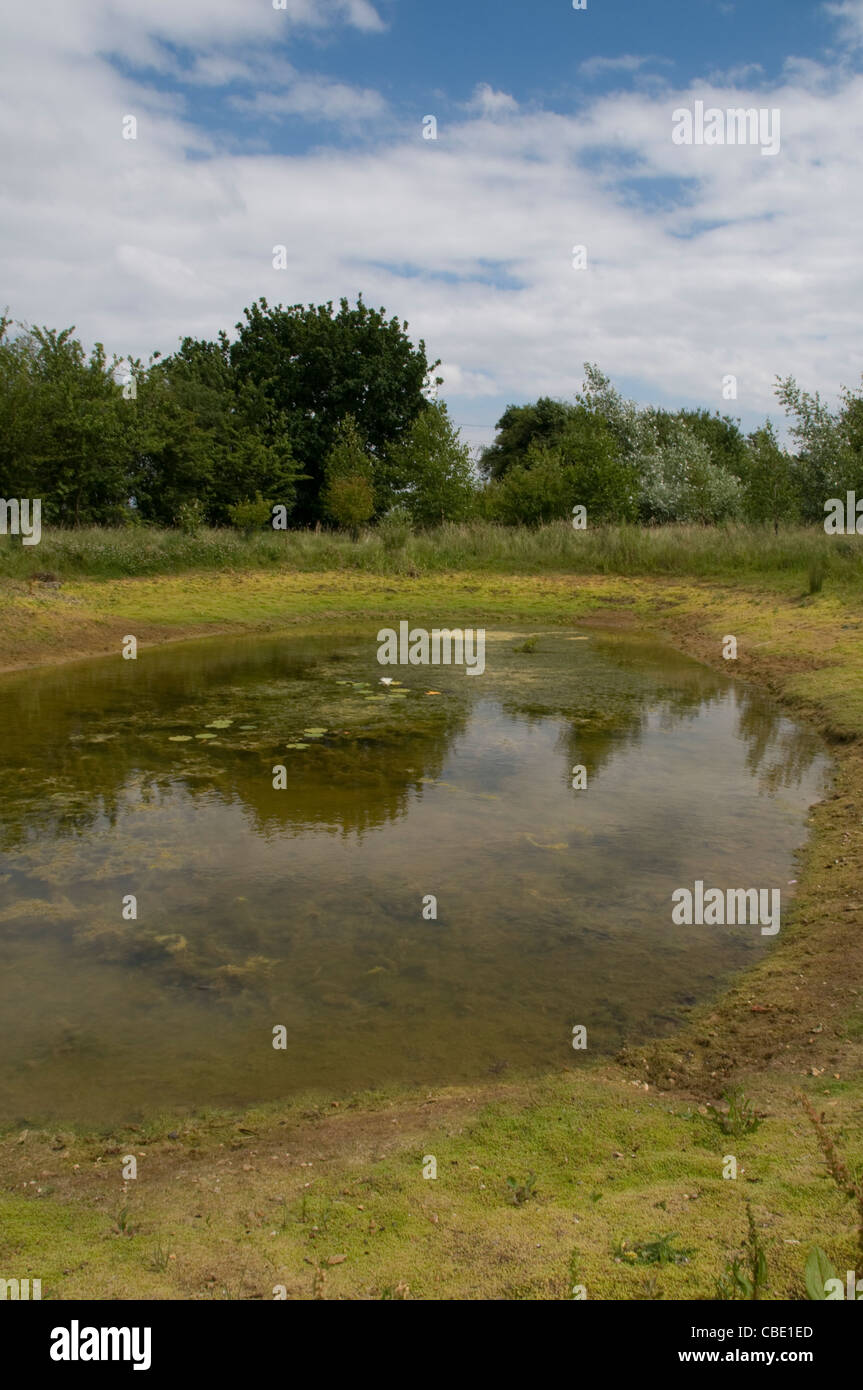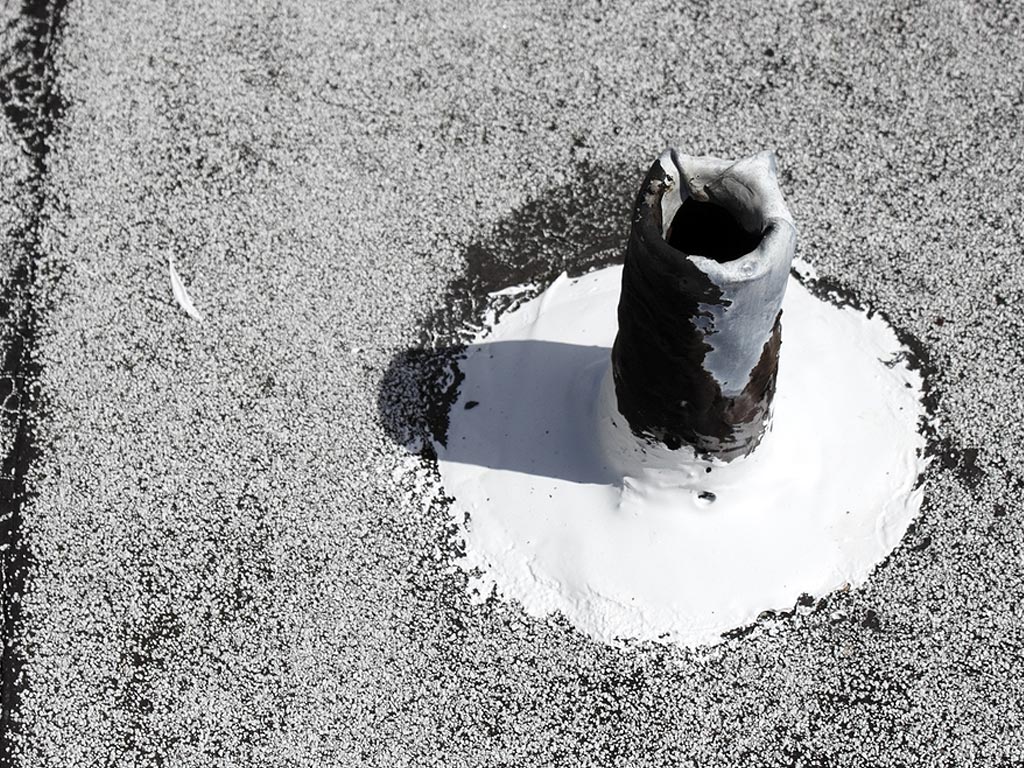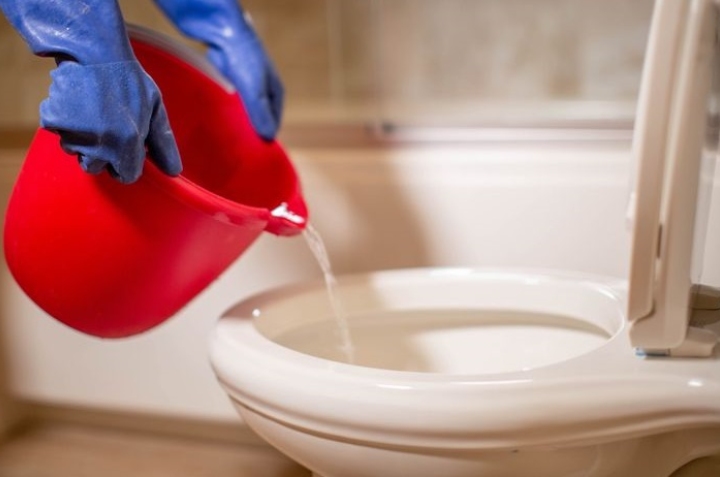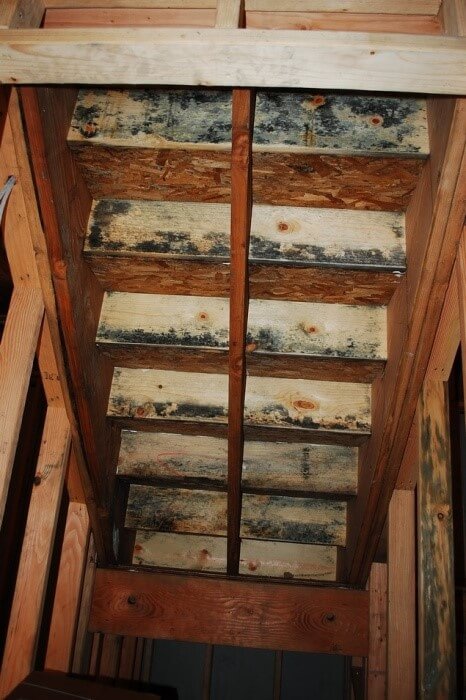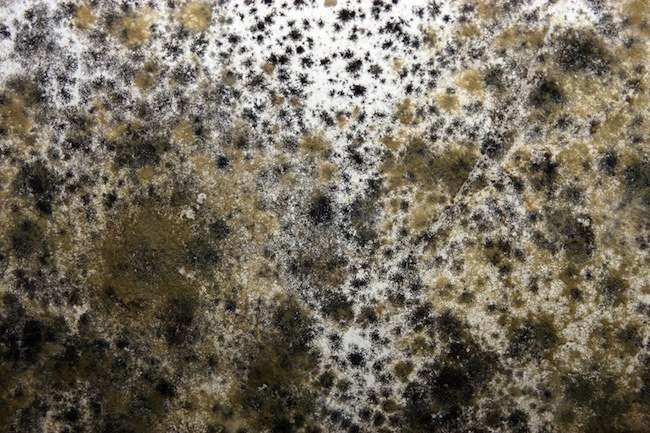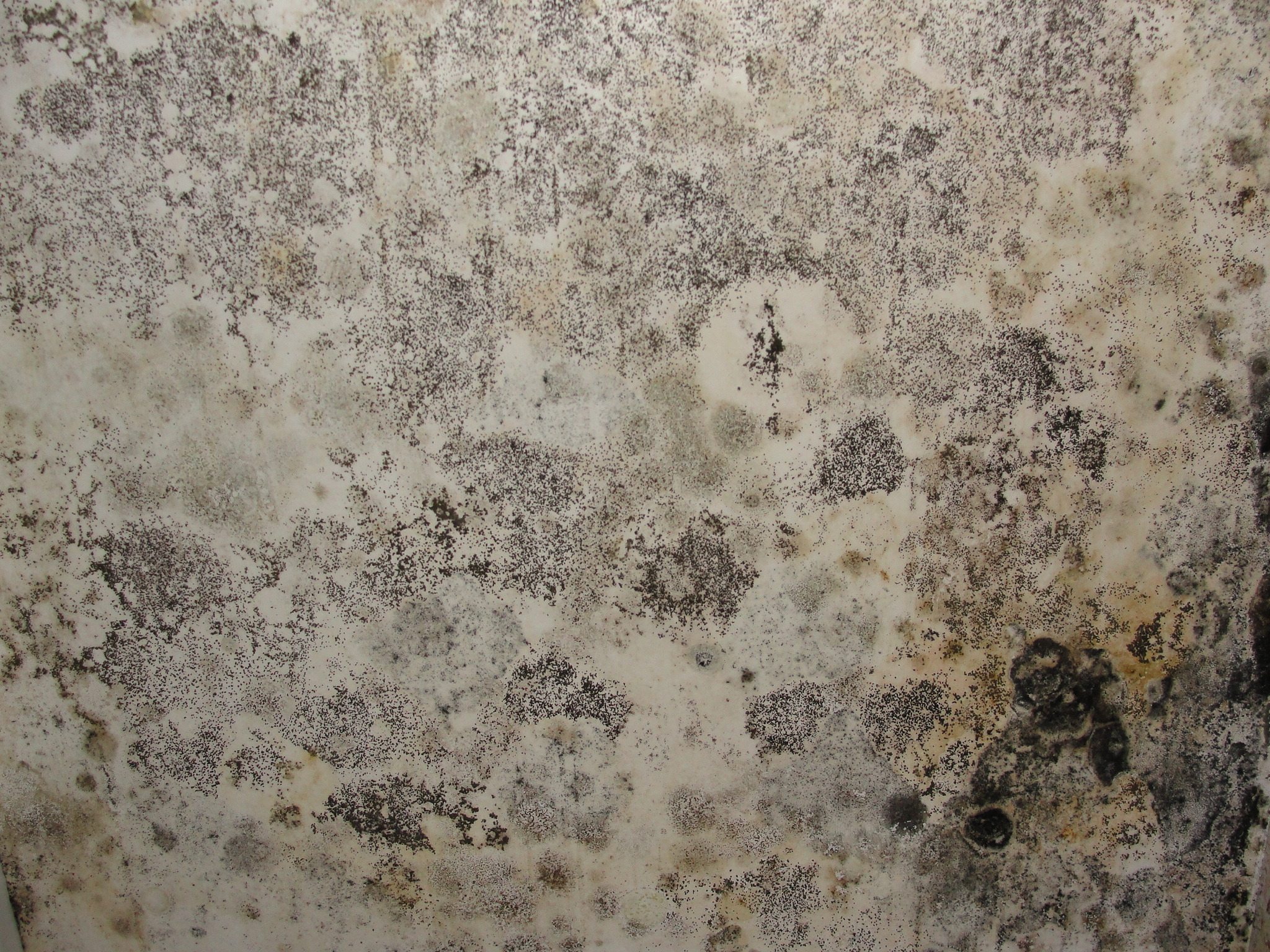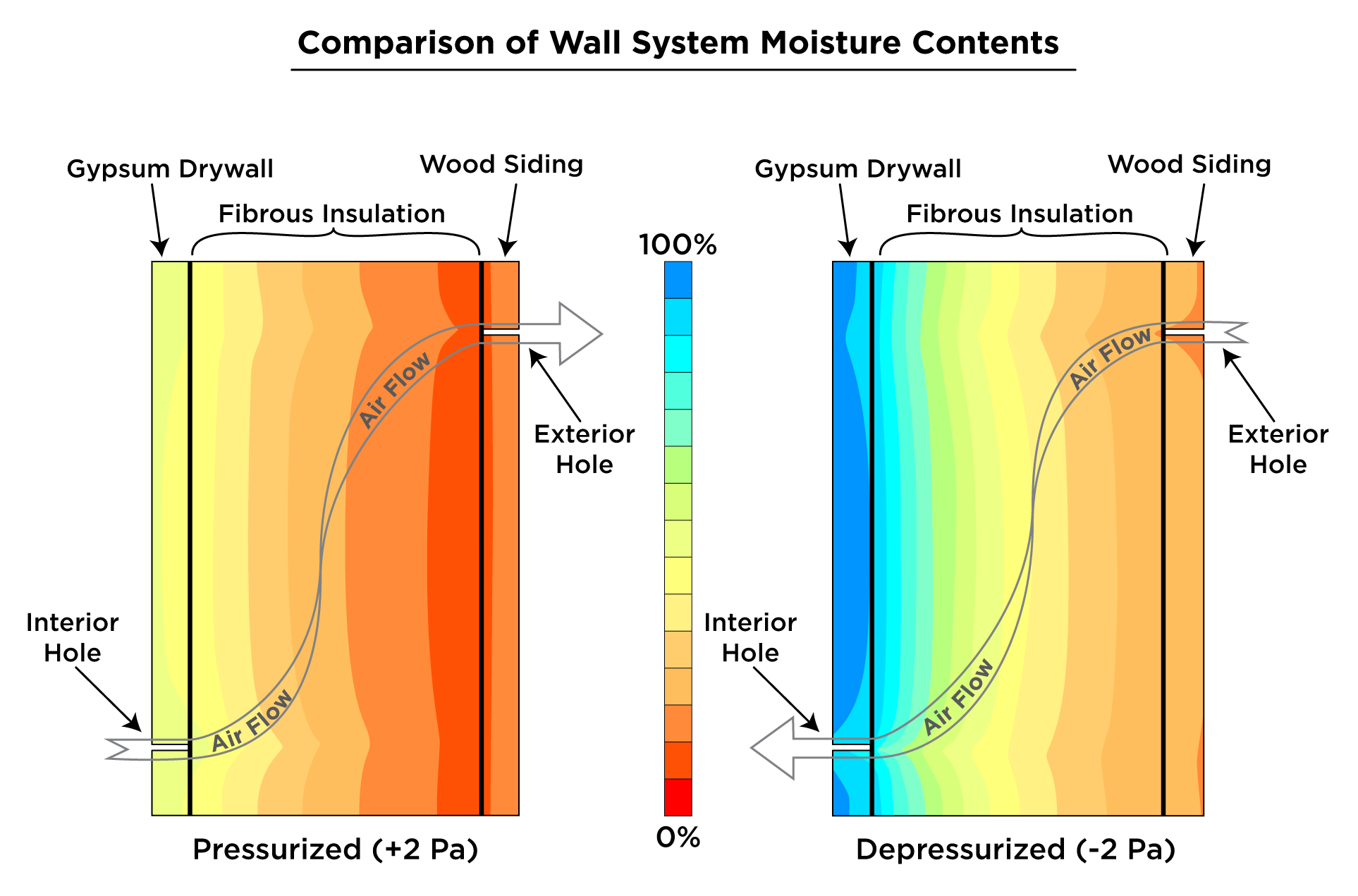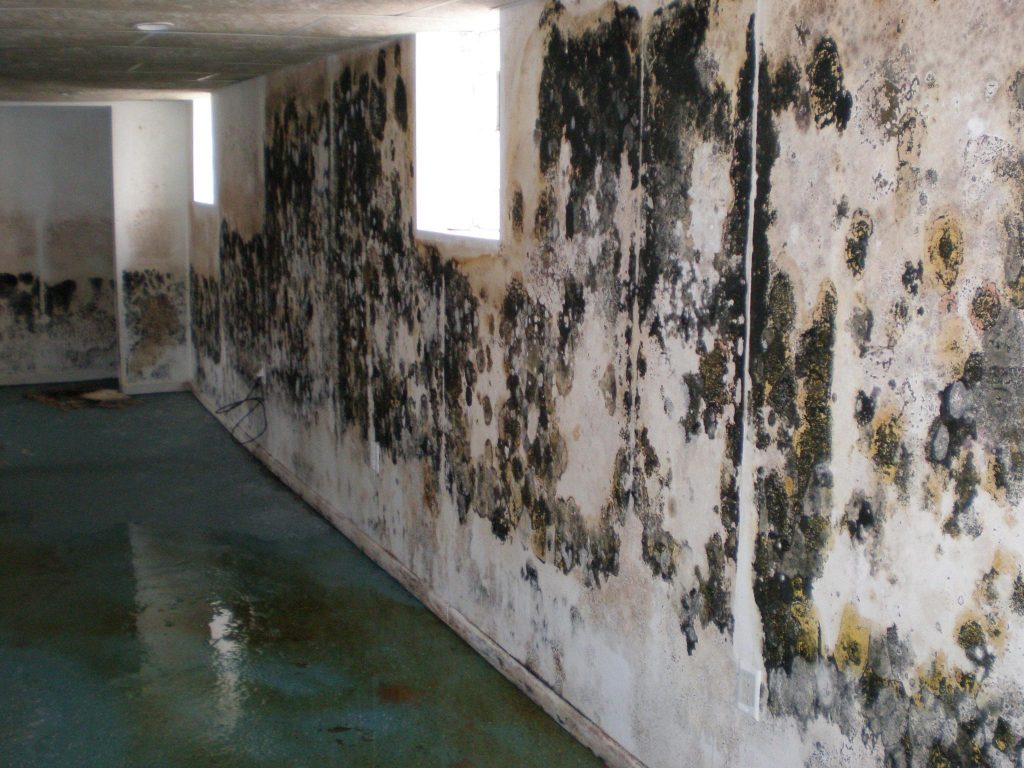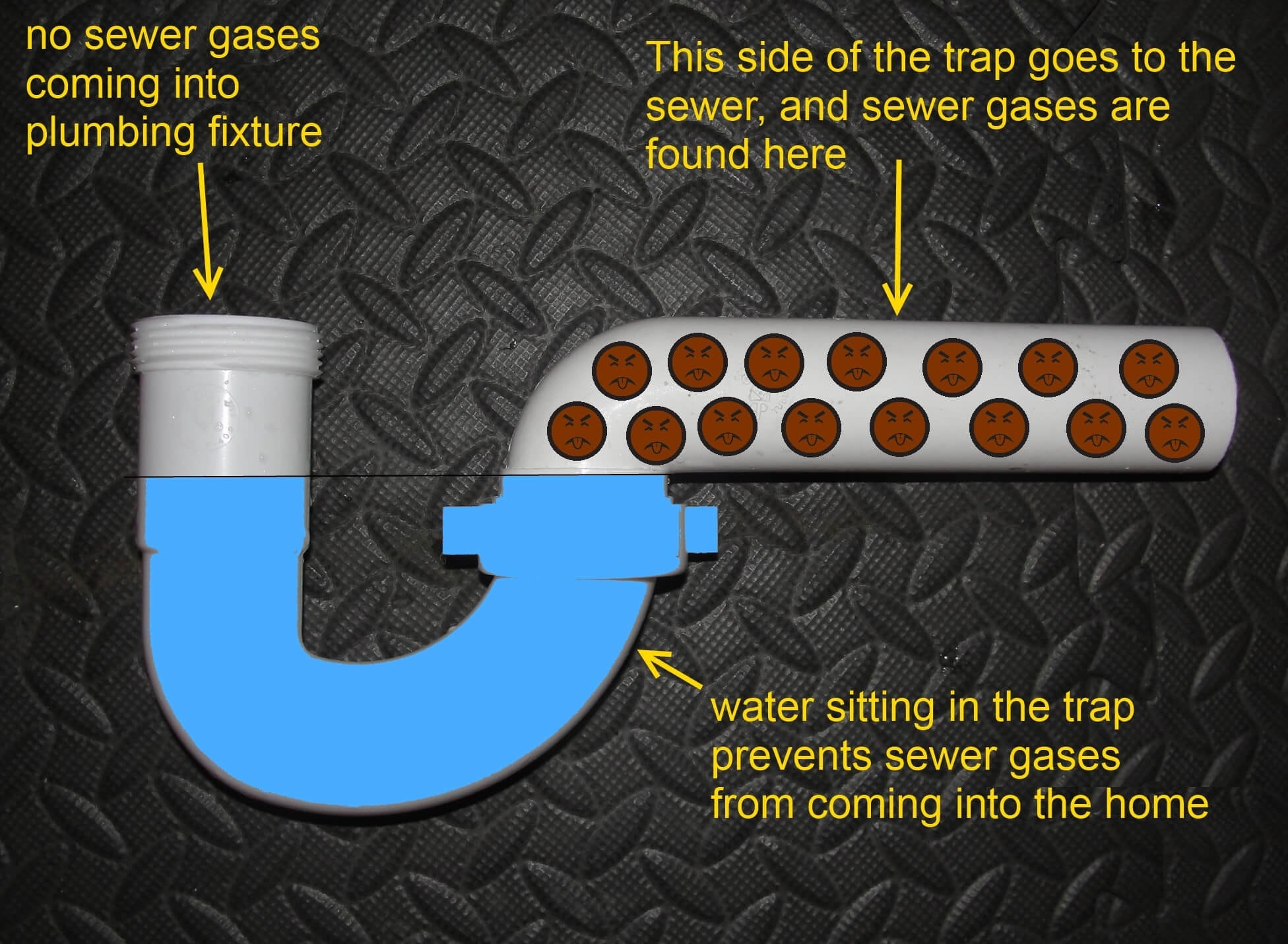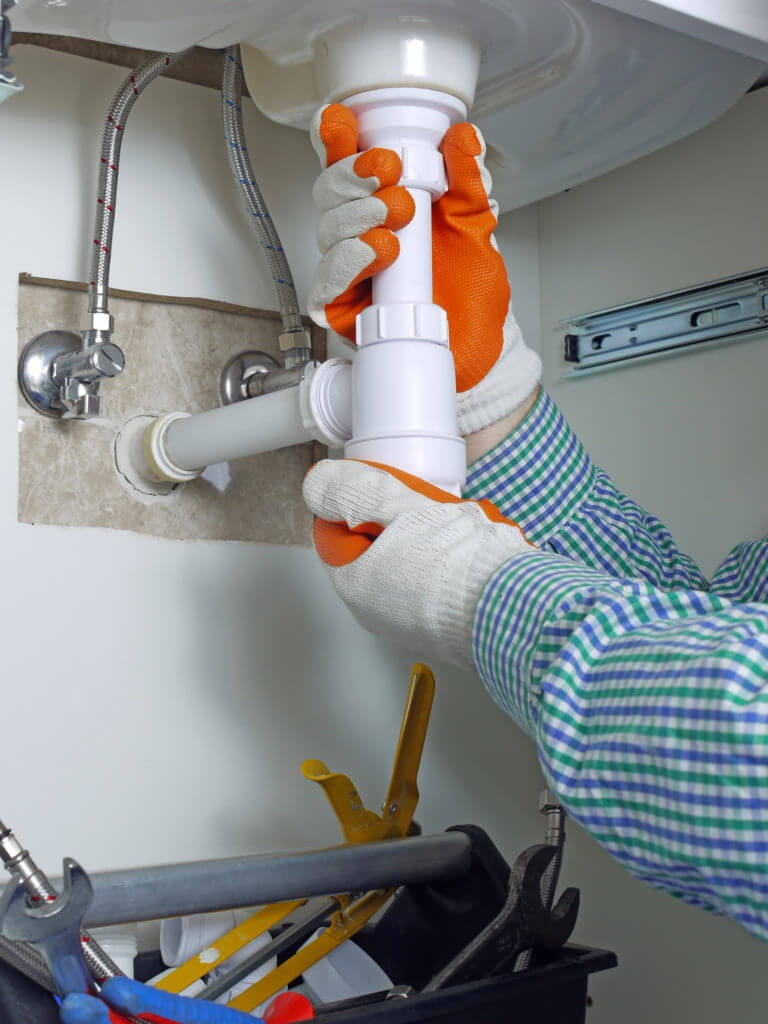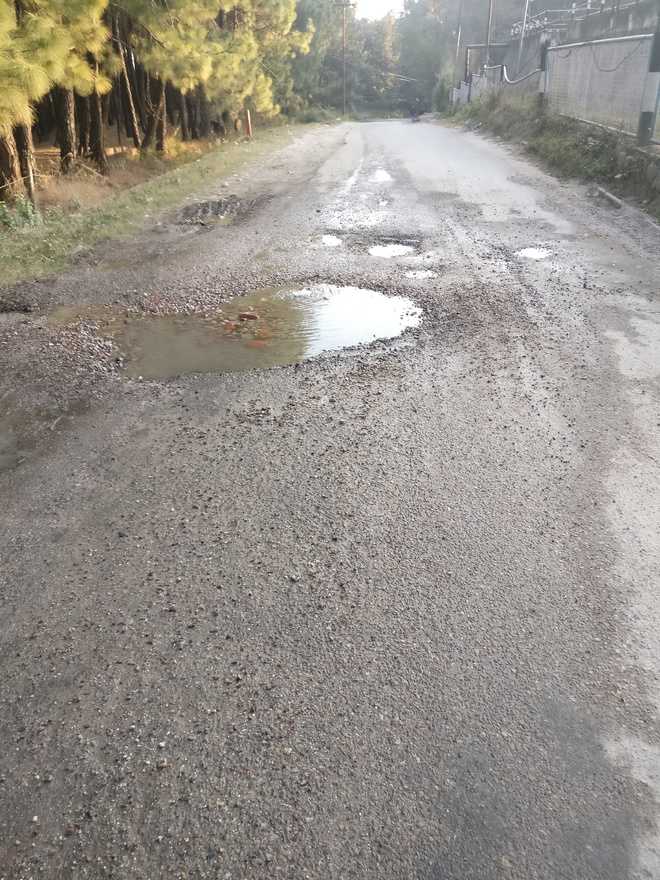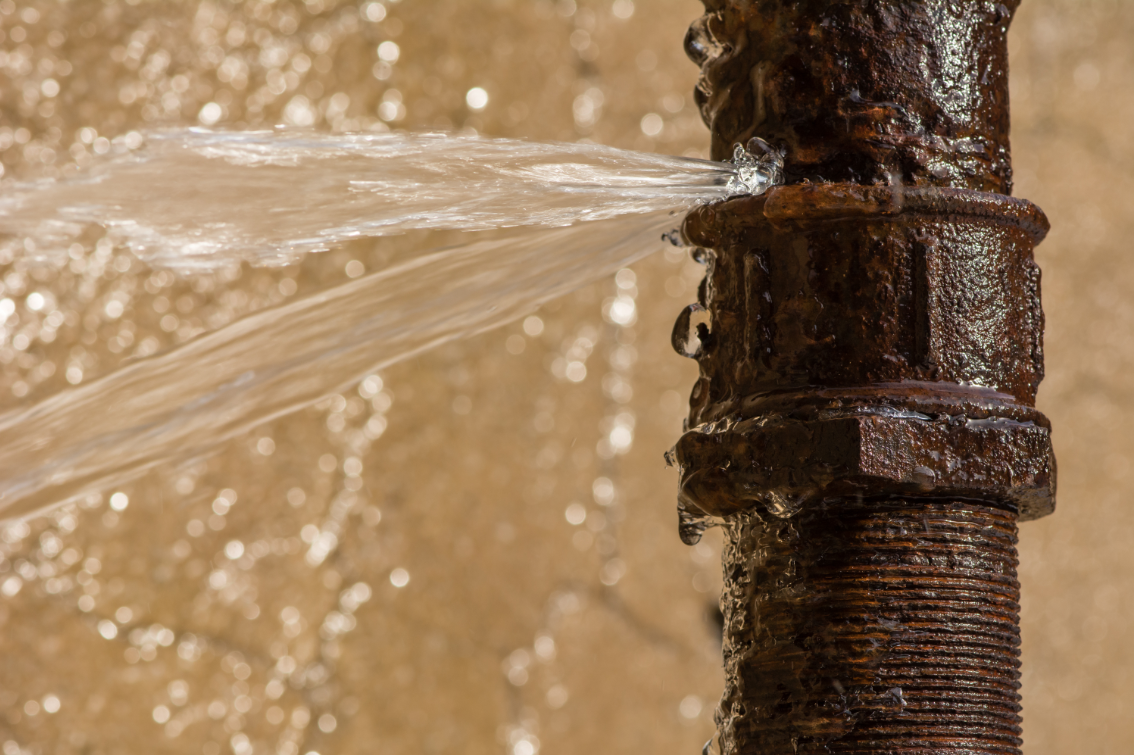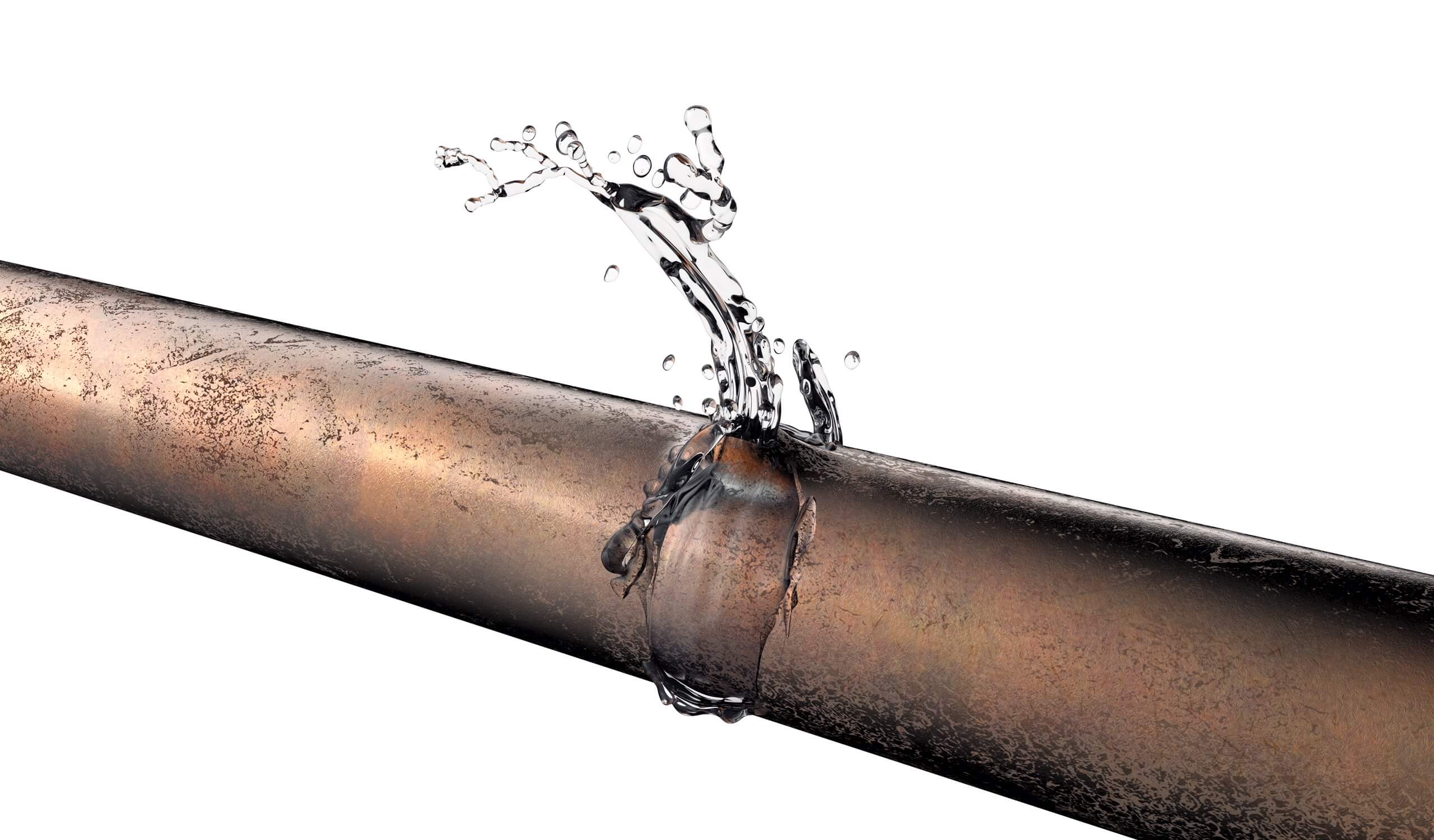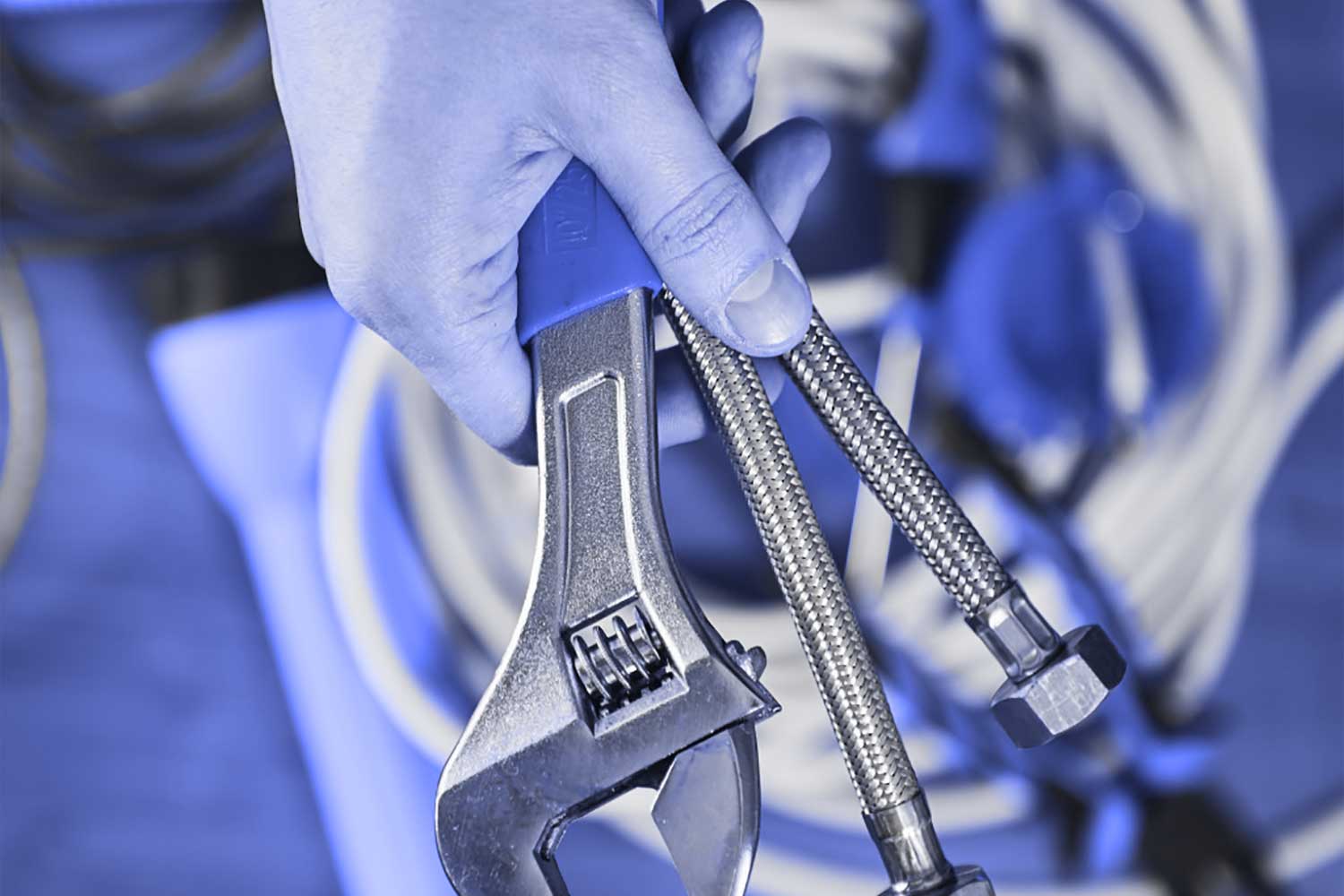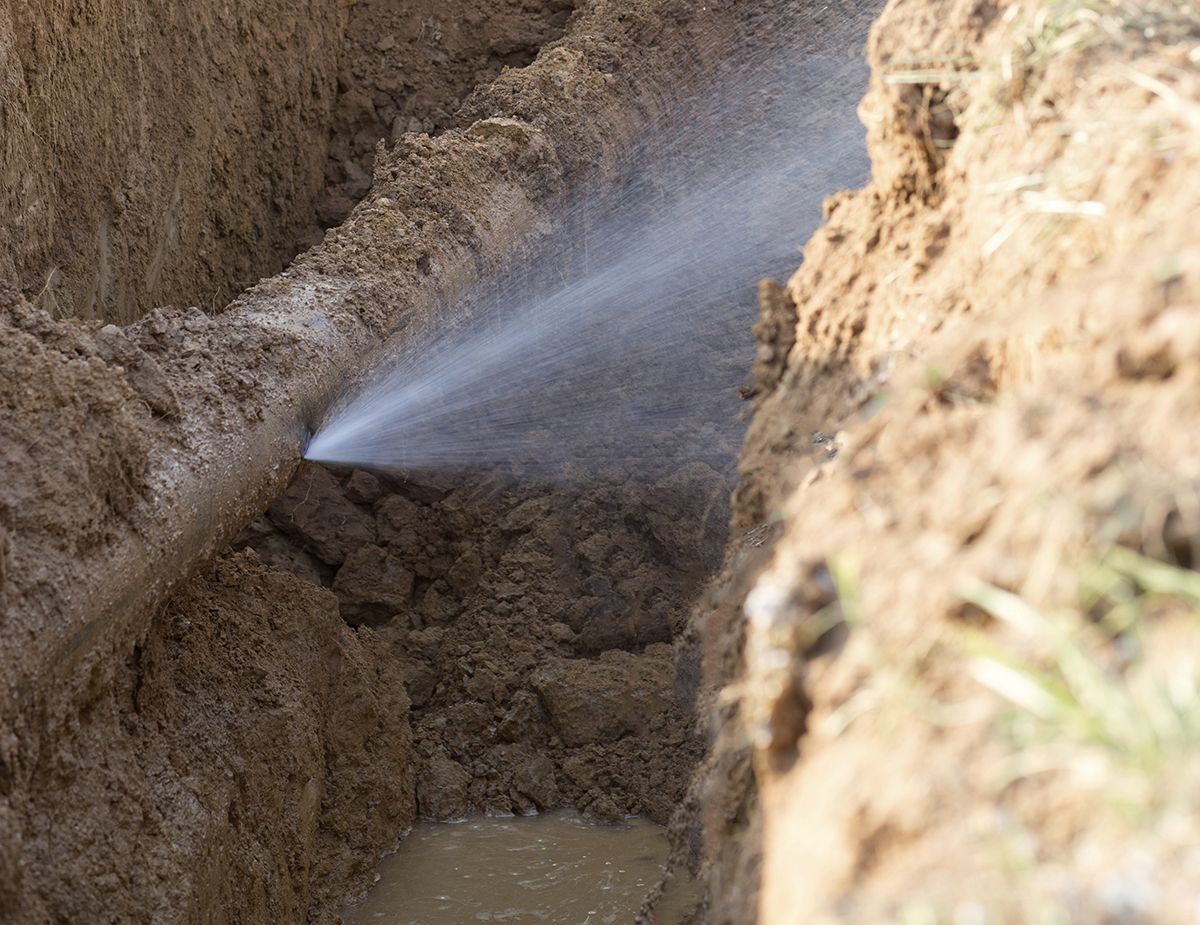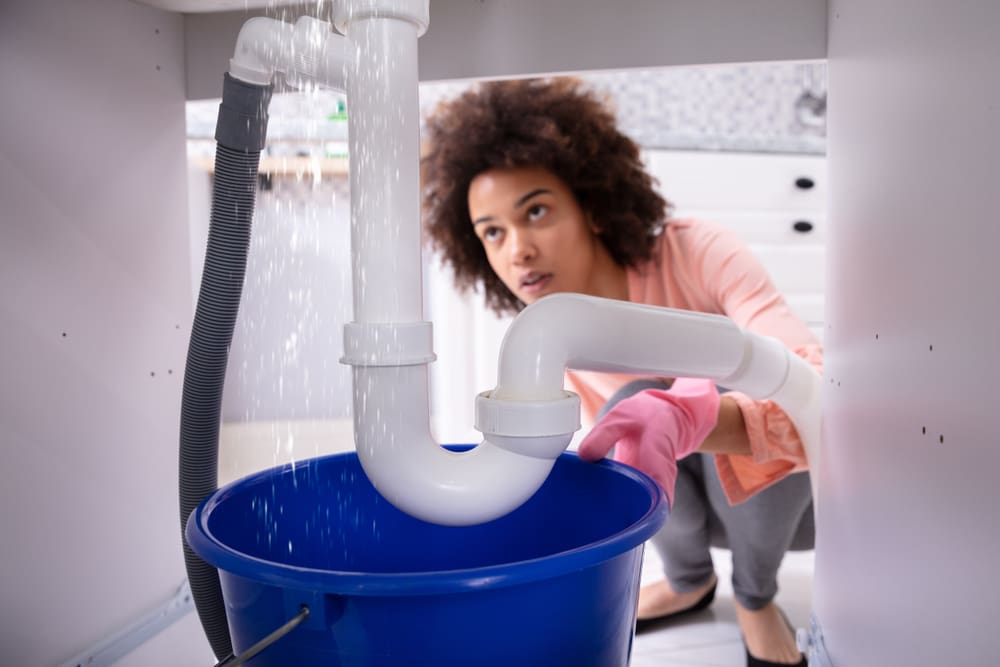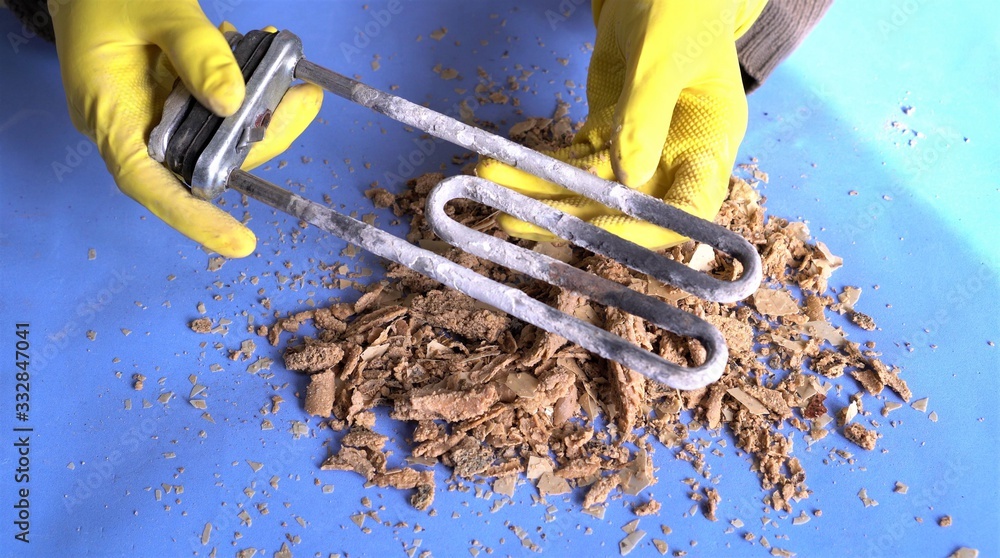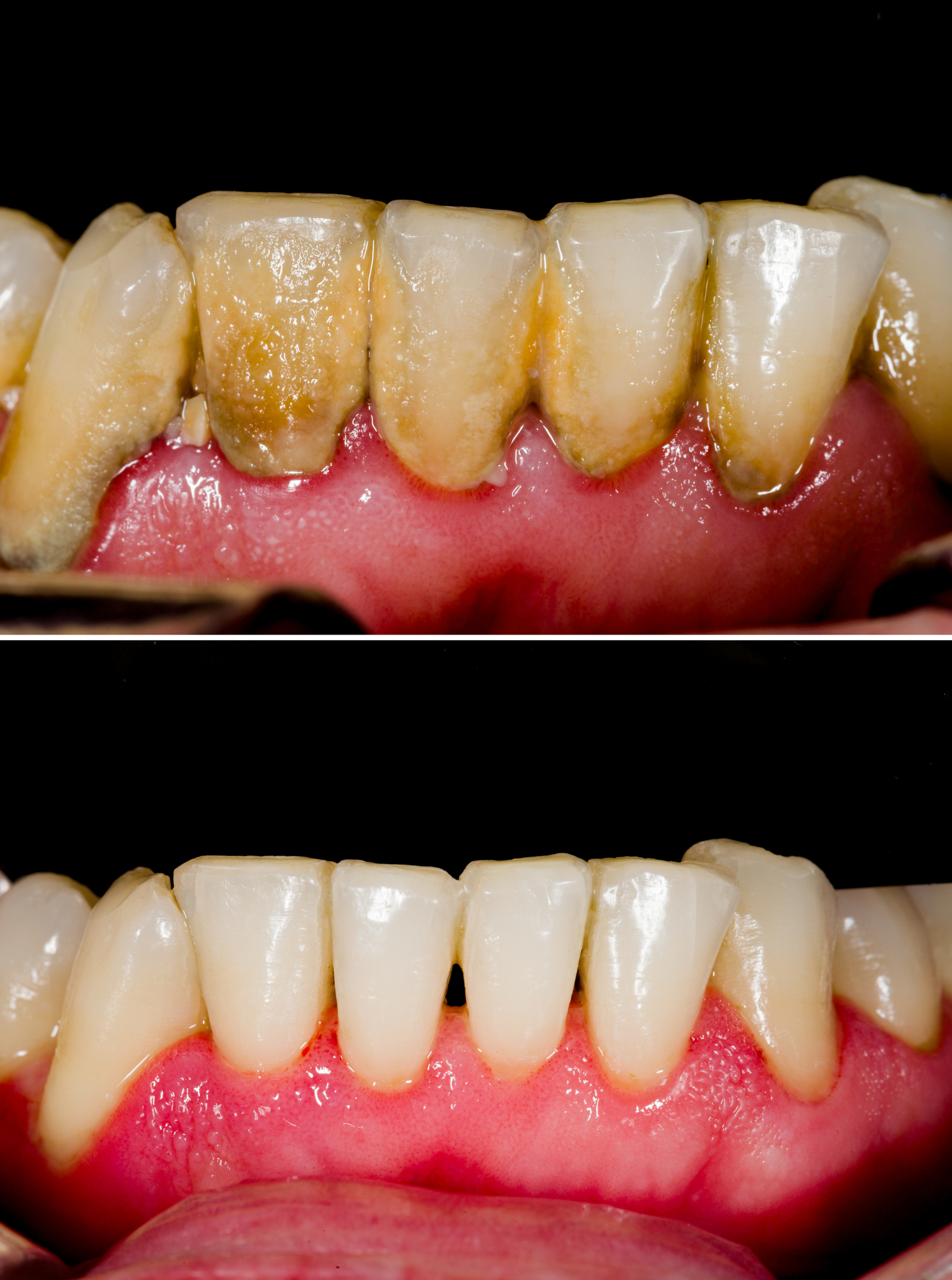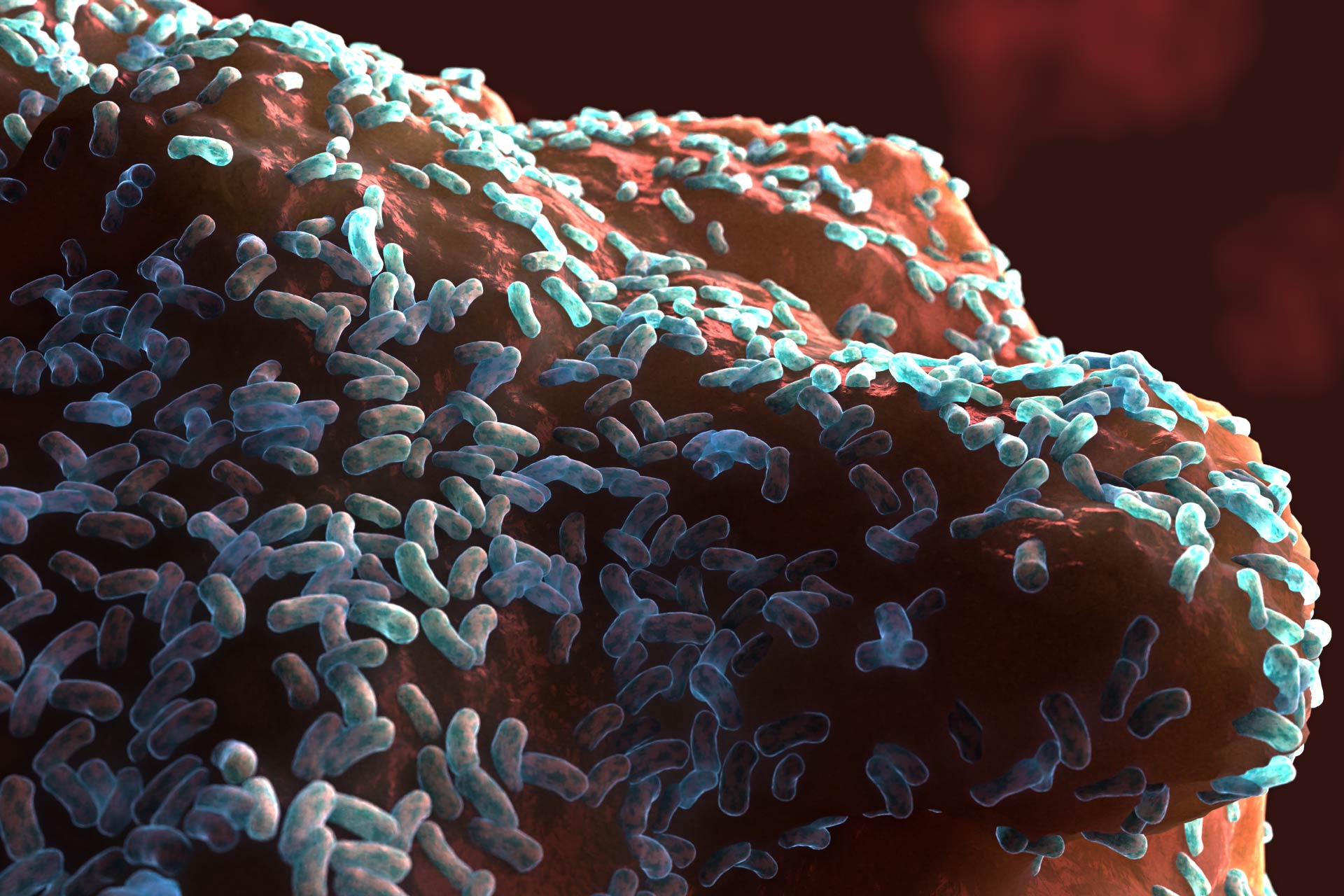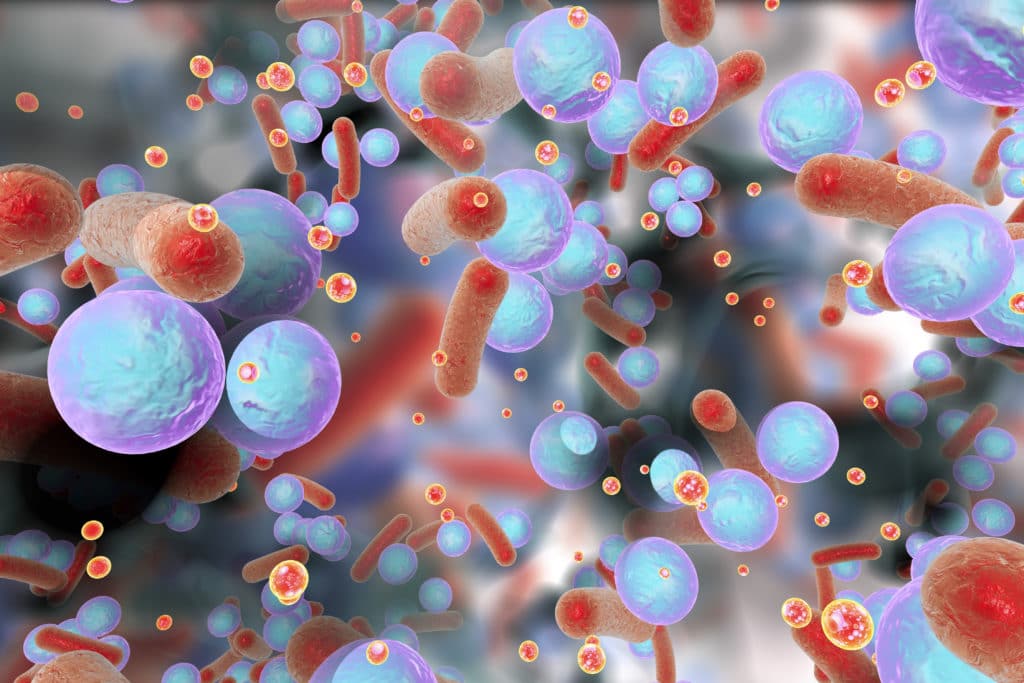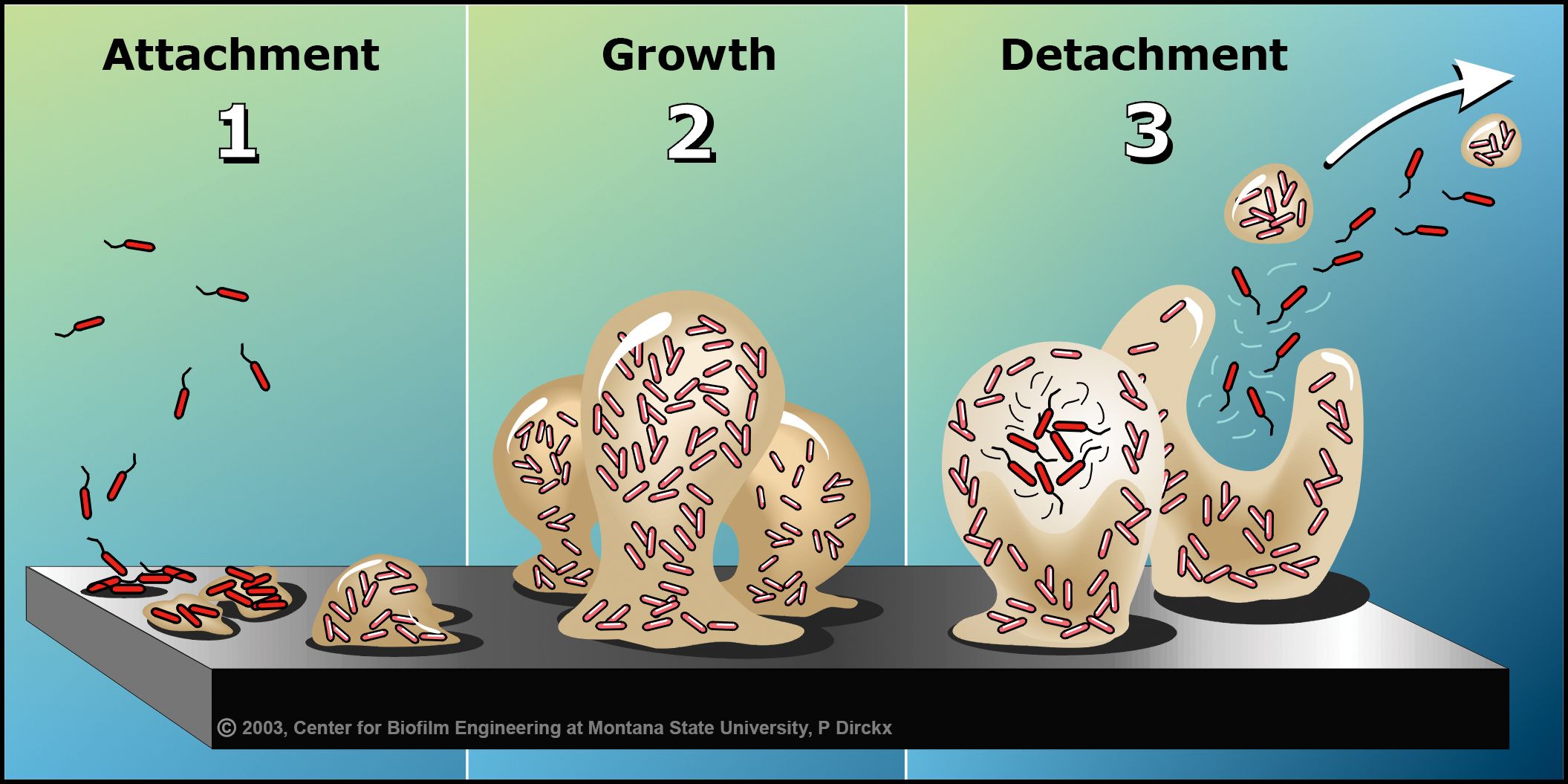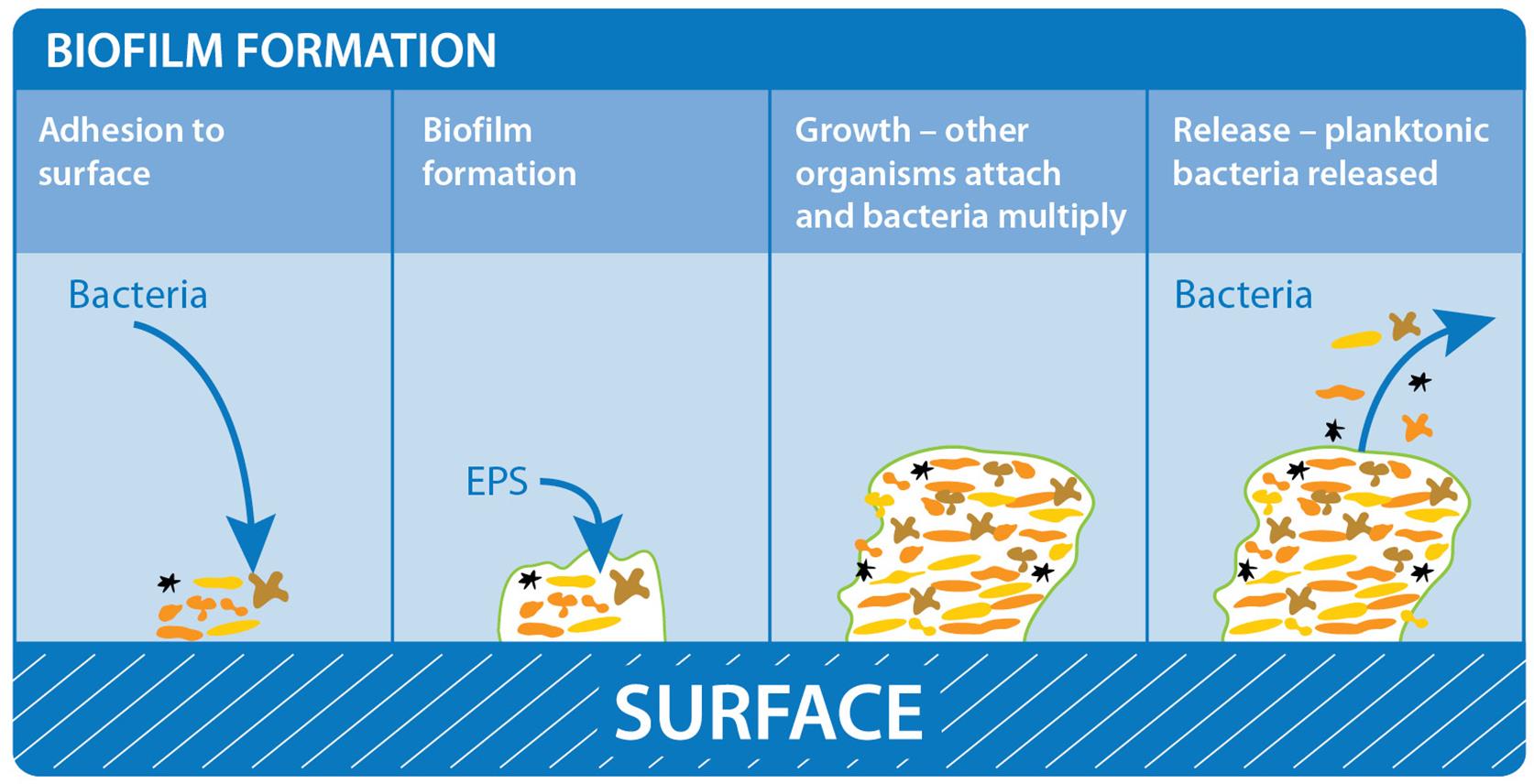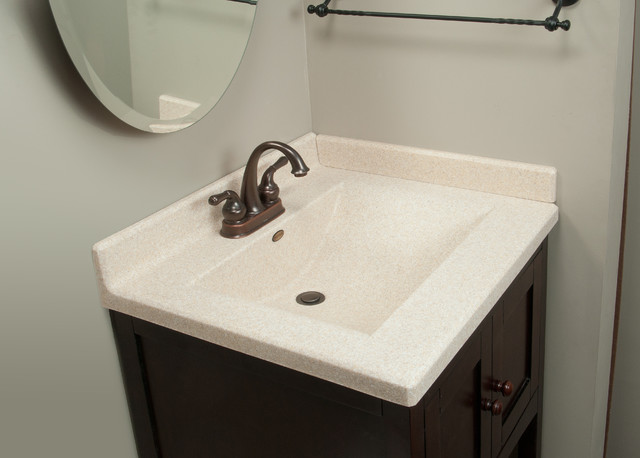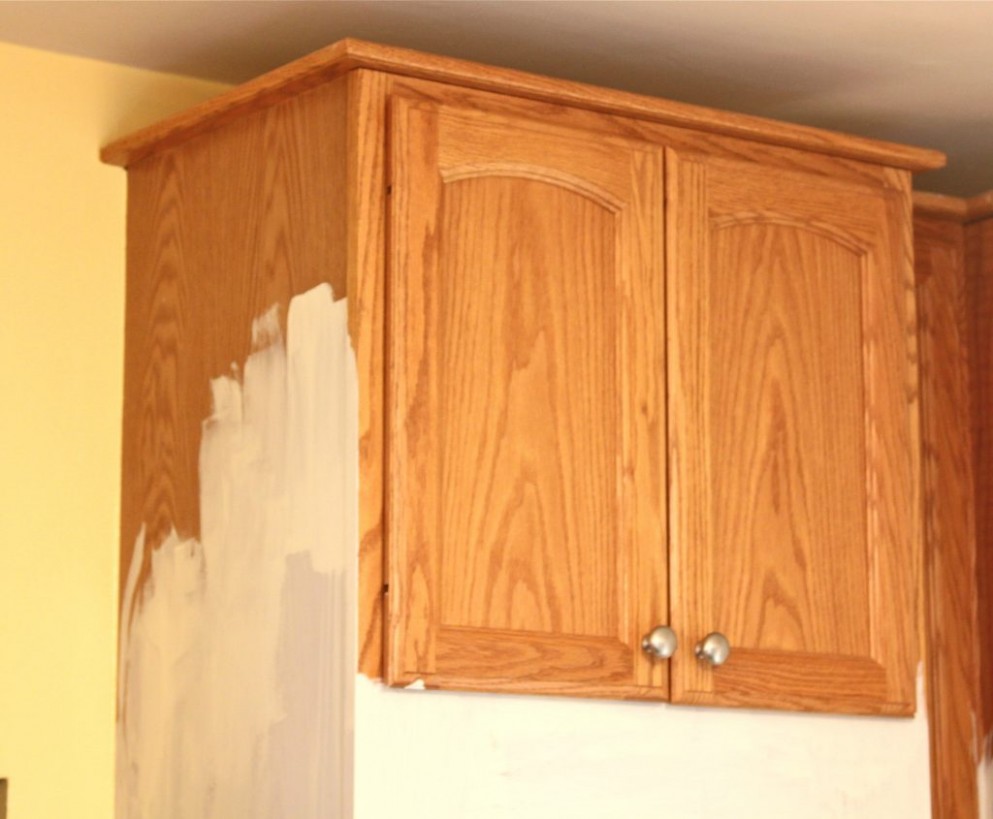If you've noticed a foul smell coming from your bathroom sink, the first and most common cause is a clogged drain. Over time, hair, soap scum, and other debris can build up in the drain and create a blockage. This blockage not only causes the water to drain slowly, but it also traps bacteria and creates an unpleasant odor.1. Clogged drain | Odor in bathroom sink | Smelly sink
Speaking of bacteria, a buildup of it in your sink can also be a major cause of the smell. Bacteria thrive in dark, damp environments, making your bathroom sink the perfect breeding ground. This can lead to the production of sewer gas, which has a distinct rotten egg smell, and stagnant water, which can emit a musty odor.2. Bacteria buildup | Sewer gas | Stagnant water
Another potential cause of a smelly bathroom sink is a blocked vent pipe. This pipe is responsible for releasing sewer gas from your plumbing system to the outside. If it becomes blocked, the gas can build up and cause a foul smell in your sink. Additionally, mold growth in the pipes can also produce a musty smell. Food debris stuck in the pipes can also contribute to the odor.3. Blocked vent pipe | Mold growth | Food debris
The P-trap is a curved section of pipe under your sink that traps water and prevents sewer gas from entering your home. If this trap becomes dry, either from lack of use or a leak, it can allow sewer gas to escape and cause an unpleasant smell. Additionally, leaking pipes can also contribute to the smell, as well as improper installation of the sink or pipes.4. Dry P-trap | Leaking pipes | Improper installation
If you have hard water in your home, it can leave behind mineral deposits in your sink and pipes. These deposits can create a breeding ground for bacteria and contribute to the smell. Biofilm, a slimy layer of bacteria that can form on surfaces, can also be a cause of the smell. Inadequate cleaning of the sink and pipes can lead to the buildup of both hard water deposits and biofilm.5. Hard water deposits | Biofilm | Inadequate cleaning
In some cases, the smell coming from your bathroom sink may be a sign of a larger plumbing issue. Faulty plumbing, such as cracked pipes, can allow sewer gas to escape and cause a smell. A problem with your sewer line can also lead to unpleasant odors in your sink. If you have a septic tank, it's important to have it regularly maintained, as a full or malfunctioning tank can cause a foul smell in your sink.6. Faulty plumbing | Sewer line issue | Septic tank problem
Sometimes, the smell coming from your bathroom sink may be a result of a chemical reaction. For example, if you pour bleach down the drain to clean it, it can react with other substances and create a strong odor. Decomposing organic matter, such as food scraps or hair, can also produce a smell. Poor ventilation in the bathroom can also contribute to the buildup of unpleasant odors.7. Chemical reaction | Decomposing organic matter | Poor ventilation
If your home has old or damaged pipes, they may be contributing to the smell in your bathroom sink. Over time, pipes can corrode, crack, or break, allowing sewer gas to escape and create an odor. Low water pressure can also be a factor, as it can cause waste to not be properly flushed out of the pipes. Inadequate drainage in the sink can also lead to standing water and a foul smell.8. Old or damaged pipes | Water pressure issue | Inadequate drainage
Insects, such as cockroaches or drain flies, can sometimes make their way into your bathroom sink and create a smell. They can also carry bacteria and contribute to the buildup of sewer gas. A cracked sealant around the sink can also allow insects and bacteria to enter and cause a smell. Improper use of a garbage disposal, such as putting non-food items down the drain, can also lead to clogs and unpleasant odors.9. Insect infestation | Cracked sealant | Improper use of garbage disposal
Finally, a lack of regular maintenance can be a major cause of the smell in your bathroom sink. Without proper cleaning and maintenance, debris can build up in the drain and pipes, leading to clogs and odors. Foreign objects, such as jewelry or small toys, can also become lodged in the drain and create a blockage. If your sink was not sealed properly during installation, it can also allow sewer gas to escape and cause a smell.10. Lack of maintenance | Foreign object stuck in drain | Improperly sealed drain
The Importance of Proper Ventilation in Bathroom Design

The Role of Ventilation in Preventing Unpleasant Smells
:max_bytes(150000):strip_icc()/sink-pipe-under-wash-basin-119001607-6f28aec4c66944efb7a9a38cb622ab8b.jpg) When it comes to designing a house, the bathroom is often overlooked. Many people focus on aesthetics and functionality, but forget about the importance of proper ventilation. However, neglecting this aspect of design can lead to unpleasant smells in your bathroom, particularly in the sink area.
Bathroom sinks are prone to develop unpleasant odors due to the accumulation of bacteria, mold, and mildew.
These microorganisms thrive in damp, dark environments, and without proper ventilation, they can quickly multiply and cause foul smells. In addition, if there is no way for the moisture to escape, it can also lead to structural damage and costly repairs.
When it comes to designing a house, the bathroom is often overlooked. Many people focus on aesthetics and functionality, but forget about the importance of proper ventilation. However, neglecting this aspect of design can lead to unpleasant smells in your bathroom, particularly in the sink area.
Bathroom sinks are prone to develop unpleasant odors due to the accumulation of bacteria, mold, and mildew.
These microorganisms thrive in damp, dark environments, and without proper ventilation, they can quickly multiply and cause foul smells. In addition, if there is no way for the moisture to escape, it can also lead to structural damage and costly repairs.
The Causes of Poor Ventilation in Bathrooms
 There are various reasons why a bathroom may have poor ventilation. One common cause is
lack of windows or exhaust fans.
Windows are important for allowing fresh air to enter and stale air to leave, while exhaust fans help to remove excess moisture. Without these, the bathroom air becomes stagnant and can lead to unpleasant smells.
Another factor that can contribute to poor ventilation is
improperly designed plumbing systems.
If the pipes are not properly installed or are too narrow, it can cause water to drain slowly, leading to stagnant water that can produce bad smells. It is important to have a professional plumber check your bathroom plumbing to ensure it is in good working condition.
There are various reasons why a bathroom may have poor ventilation. One common cause is
lack of windows or exhaust fans.
Windows are important for allowing fresh air to enter and stale air to leave, while exhaust fans help to remove excess moisture. Without these, the bathroom air becomes stagnant and can lead to unpleasant smells.
Another factor that can contribute to poor ventilation is
improperly designed plumbing systems.
If the pipes are not properly installed or are too narrow, it can cause water to drain slowly, leading to stagnant water that can produce bad smells. It is important to have a professional plumber check your bathroom plumbing to ensure it is in good working condition.
The Solution: Proper Bathroom Ventilation Design
 The key to preventing unpleasant smells in your bathroom sink is to have proper ventilation in your bathroom design.
This includes installing windows, exhaust fans, and choosing the right materials for your bathroom.
For example, using non-porous materials for your sink and countertops can help prevent the growth of bacteria and mold.
In addition,
regular cleaning and maintenance of your bathroom
can also help prevent unpleasant smells. Make sure to clean your sink, drain, and pipes regularly to prevent the build-up of bacteria and mold. It is also important to keep your bathroom well-ventilated by opening windows or running the exhaust fan during and after showers.
In conclusion, proper ventilation is a crucial aspect of bathroom design that should not be overlooked.
By incorporating proper ventilation techniques and regular cleaning habits, you can prevent the cause of unpleasant smells in your bathroom sink, ensuring a fresh and inviting space for you and your family.
The key to preventing unpleasant smells in your bathroom sink is to have proper ventilation in your bathroom design.
This includes installing windows, exhaust fans, and choosing the right materials for your bathroom.
For example, using non-porous materials for your sink and countertops can help prevent the growth of bacteria and mold.
In addition,
regular cleaning and maintenance of your bathroom
can also help prevent unpleasant smells. Make sure to clean your sink, drain, and pipes regularly to prevent the build-up of bacteria and mold. It is also important to keep your bathroom well-ventilated by opening windows or running the exhaust fan during and after showers.
In conclusion, proper ventilation is a crucial aspect of bathroom design that should not be overlooked.
By incorporating proper ventilation techniques and regular cleaning habits, you can prevent the cause of unpleasant smells in your bathroom sink, ensuring a fresh and inviting space for you and your family.












